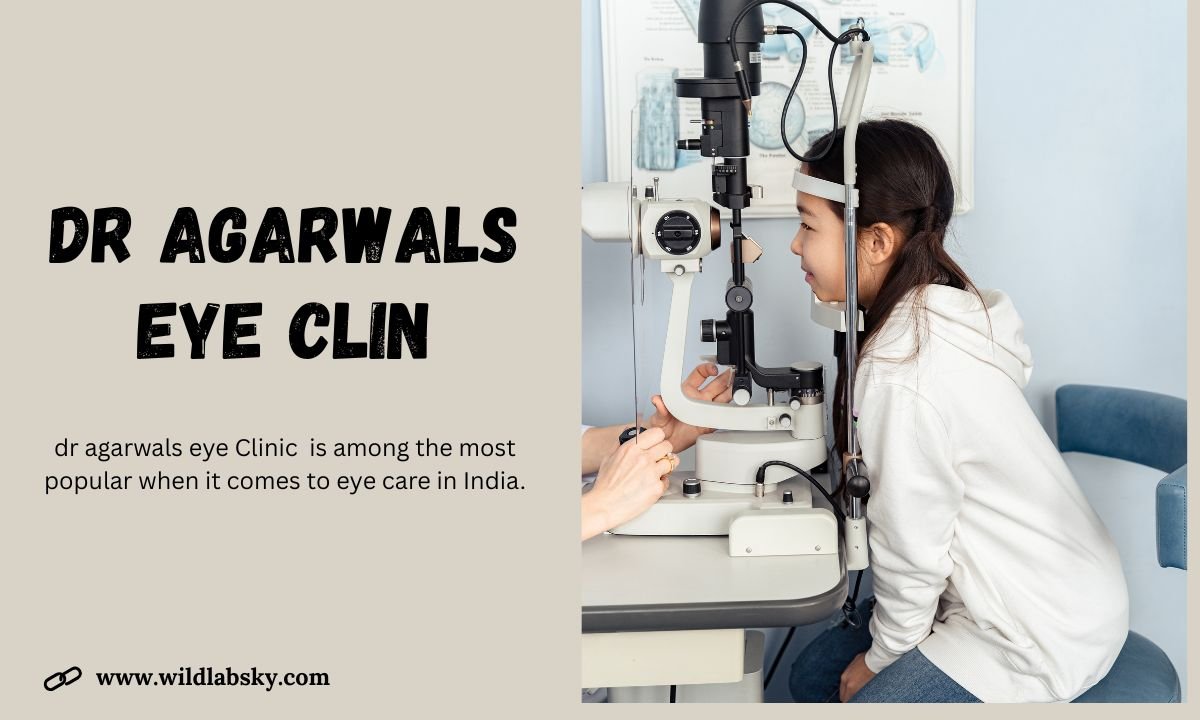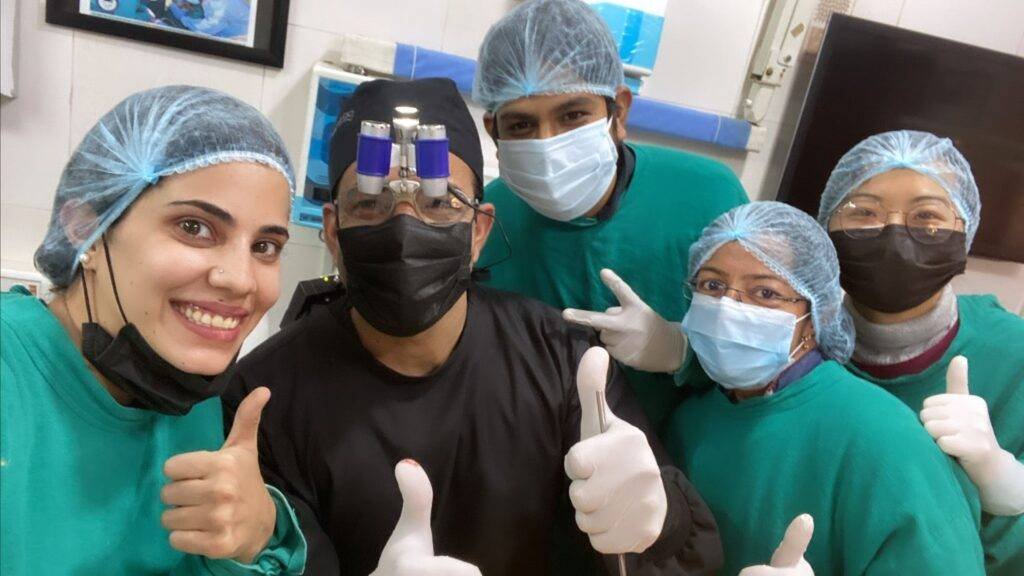In recent years, the medical field has witnessed remarkable advances in understanding the genetic foundations of disease. Among the most profound applications of this knowledge is Genetic Testing for Cancer, which offers patients and their families crucial insights into their risk of developing certain types of cancer. This kind of testing can be life-changing, even life-saving, by enabling early detection, preventative measures, and more effective treatment planning. But what exactly is genetic cancer testing, and why is it becoming a cornerstone of modern healthcare?
What is Genetic Testing for Cancer?
Genetic Testing for Cancer involves analysing an individual’s DNA to identify mutations or alterations that may increase their risk of certain cancers. These mutations may be inherited from one’s parents (hereditary cancer) or occur spontaneously over time (somatic mutations). While most cancers are not inherited, around 5–10% are linked to inherited genetic changes, making early detection through testing especially critical for high-risk individuals.
Common hereditary cancer syndromes include BRCA1 and BRCA2 mutations, which are linked to breast and ovarian cancer, as well as Lynch syndrome, which increases the risk of colorectal, endometrial, and other types of cancer. Knowing whether one carries these or other cancer-associated mutations can help individuals make informed choices about their health and the preventative steps they may wish to take.
Early Detection and Prevention
One of the most compelling reasons to consider Genetic Testing for Cancer is the opportunity it provides for early detection and prevention. For those with a family history of cancer or belonging to high-risk populations, genetic testing can identify a predisposition before any symptoms appear. This early knowledge allows for enhanced surveillance—such as more frequent screenings or specific imaging techniques—which can lead to earlier diagnoses when cancer is more likely to be treatable.
In some cases, individuals may opt for risk-reducing measures such as prophylactic surgeries (e.g., mastectomy or oophorectomy), medications that reduce cancer risk, or lifestyle changes like quitting smoking or improving diet and exercise habits. By identifying at-risk individuals, healthcare providers can tailor prevention strategies that may significantly lower the likelihood of developing cancer.
Personalised Treatment Options
Cancer treatment has moved away from a one-size-fits-all approach towards more personalised therapies. Genetic Testing for Cancer plays a pivotal role in this transformation. By understanding the genetic makeup of a person’s cancer, doctors can select treatments that specifically target the mutation driving the disease.
For instance, patients with BRCA mutations may respond particularly well to PARP inhibitors—a type of drug that targets cancer cells’ ability to repair themselves. Similarly, knowing whether a tumour carries certain biomarkers can determine eligibility for immunotherapies or targeted therapies that are more effective and may cause fewer side effects than traditional chemotherapy.
Moreover, this personalised approach extends to surgical and radiation decisions, allowing clinicians to optimise treatment plans based on the individual’s unique genetic profile.
Informing Family Members
The impact of Genetic Testing for Cancer often extends beyond the individual tested. Since hereditary mutations can be passed down through generations, testing can provide invaluable information to biological relatives. If a person is found to carry a harmful mutation, their siblings, children, and other family members may also be at risk.
This knowledge empowers families to undertake their own genetic testing and, if necessary, take proactive measures to monitor or reduce their cancer risk. In this way, genetic cancer testing fosters a preventative healthcare culture that can help protect entire families.
Psychological and Emotional Considerations
While the benefits of Genetic Testing for Cancer are clear, it’s important to acknowledge the emotional and psychological implications. Receiving a positive result can be overwhelming and may cause anxiety or fear about the future. Conversely, a negative result can bring relief but may also lead to survivor’s guilt, particularly if other family members test positive.
That’s why genetic counselling is a critical component of the testing process. Counsellors help individuals understand the results, their implications, and the available options. They also offer emotional support and help with decision-making, ensuring that patients feel informed and empowered rather than burdened.
Ethical and Privacy Concerns
As with all medical information, privacy and ethical considerations are paramount. The results of Genetic Testing for Cancer could potentially impact decisions about insurance, employment, or even family dynamics. In the UK, laws such as the Equality Act 2010 and guidance from the General Medical Council (GMC) provide some protection against discrimination, but the evolving nature of genetic information calls for continued vigilance.
Patients must provide informed consent before undergoing genetic testing and should be made fully aware of how their data will be stored, used, and shared. Reputable healthcare providers follow strict protocols to protect confidentiality and ensure ethical standards are met.
Who Should Consider Genetic Cancer Testing?
Genetic Testing for Cancer is not appropriate for everyone, but certain individuals may benefit significantly. These include:
- Those with a strong family history of a specific type of cancer, particularly if diagnosed at a young age
- People with multiple relatives affected by the same or related types of cancer
- Individuals from ethnic backgrounds with known higher prevalence of certain genetic mutations (e.g., Ashkenazi Jewish ancestry and BRCA mutations)
- Patients already diagnosed with cancer who may benefit from tailored treatments
In the UK, the NHS provides access to genetic testing for those who meet specific criteria, often through a referral from a GP or specialist. Private testing options are also available but should be approached with caution and ideally in consultation with a healthcare professional.
Limitations of Genetic Testing
Despite its benefits, Genetic Testing for Cancer is not a crystal ball. A positive result indicates an increased risk, not a certainty, while a negative result doesn’t guarantee immunity. Moreover, genetic science is continually evolving. Not all cancer-related genes have been identified, and not all genetic variants are fully understood.
Some tests may reveal variants of uncertain significance (VUS), meaning it’s unclear whether the mutation increases cancer risk. In such cases, decisions about monitoring or treatment must be made with careful clinical judgement and the support of medical professionals. Additionally, rare aggressive cases sometimes called turbo cancer highlight the need for more research and better understanding of genetic and environmental factors in cancer.
The Role of Research and Technology
Advancements in genomic sequencing, artificial intelligence, and big data are transforming Genetic Testing for Cancer. Whole genome sequencing and multi-gene panels allow for more comprehensive testing than ever before. AI is helping interpret vast amounts of genetic data, accelerating diagnosis and enhancing accuracy.
In the UK, projects like Genomics England are integrating genomics into mainstream healthcare, with the aim of improving outcomes for cancer and other genetic diseases. As research continues, we can expect even more precise testing, improved therapies, and potentially preventive gene-editing technologies.
Conclusion
The importance of Genetic Testing for Cancer cannot be overstated. It enables individuals to take control of their health, offering options for prevention, early detection, and personalised treatment. It empowers families with information that could safeguard the health of future generations and contributes to a more proactive, informed approach to healthcare.
However, genetic testing is not a decision to be taken lightly. It requires thoughtful consideration, expert guidance, and an understanding of the broader implications—medical, emotional, and ethical. With appropriate support and responsible use, genetic cancer testing stands as one of the most powerful tools in modern medicine’s arsenal against a disease that touches so many lives.
If you or a loved one are considering Genetic Testing for Cancer, speak to a healthcare provider or genetic counsellor. The information you uncover could be the key to a healthier future—not just for you, but for your entire family.



